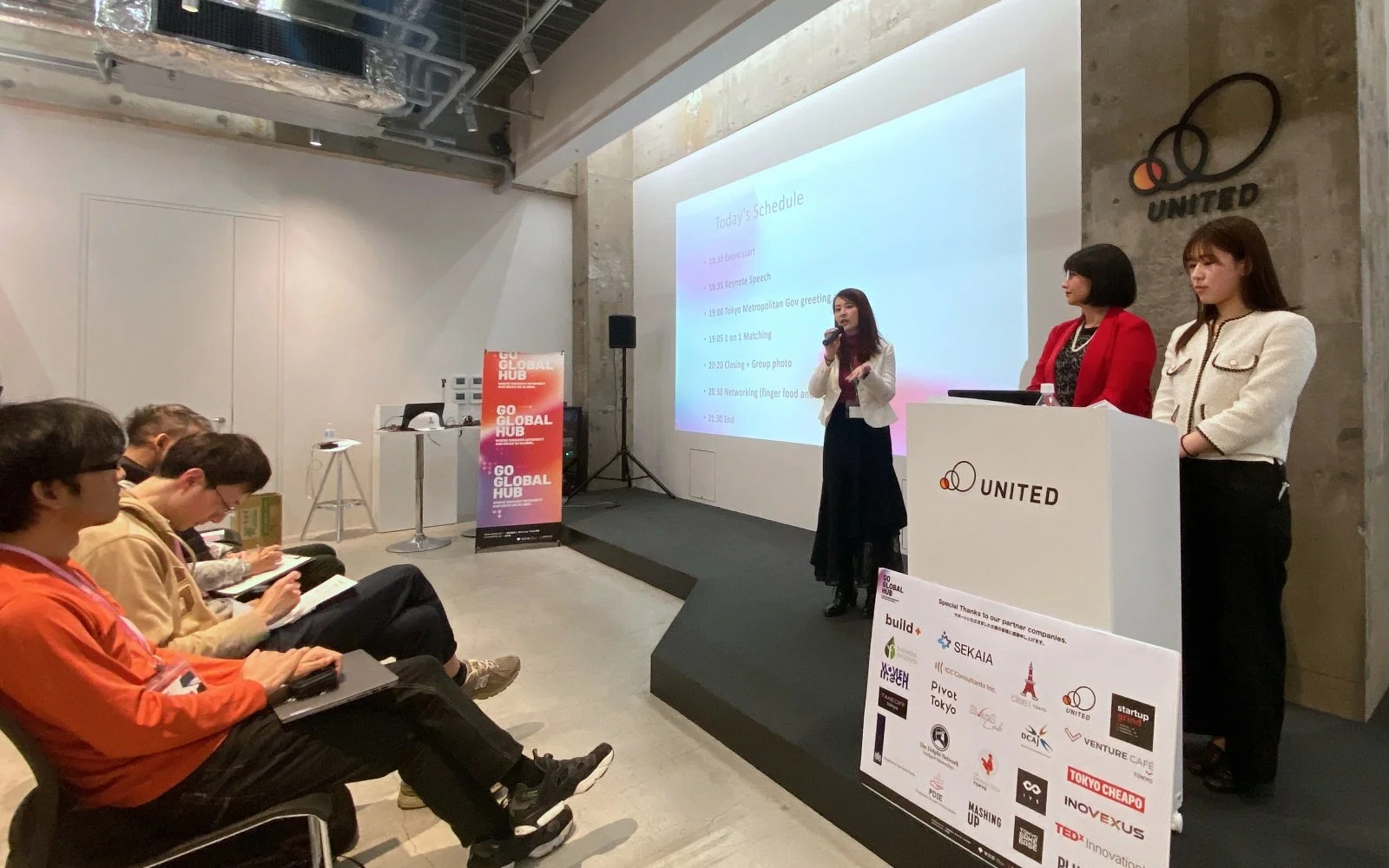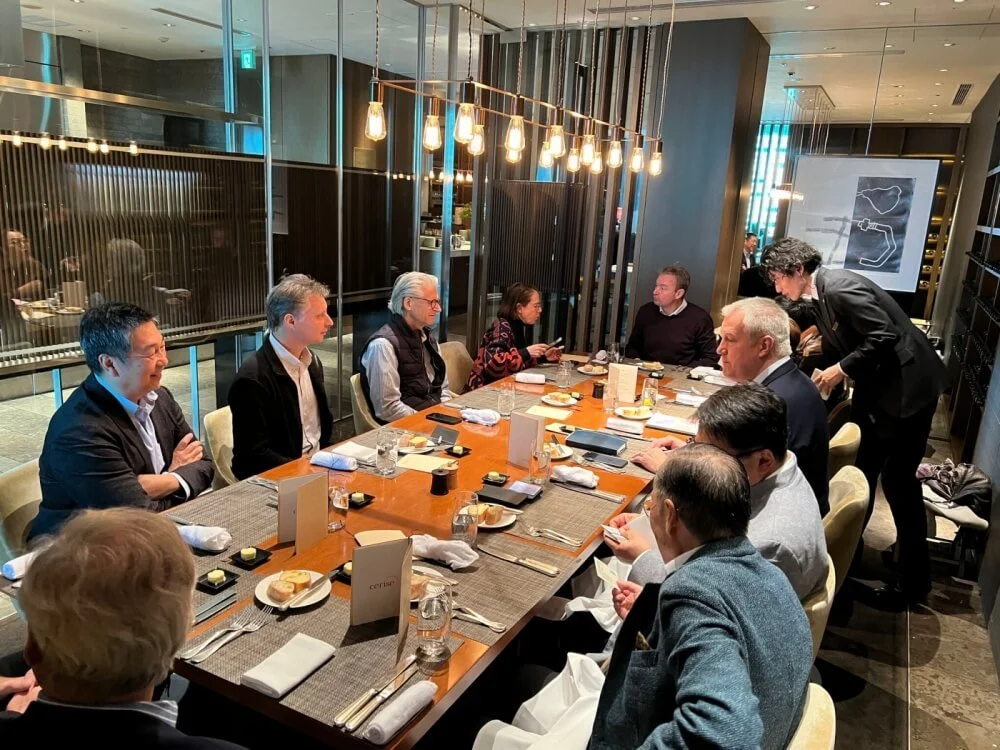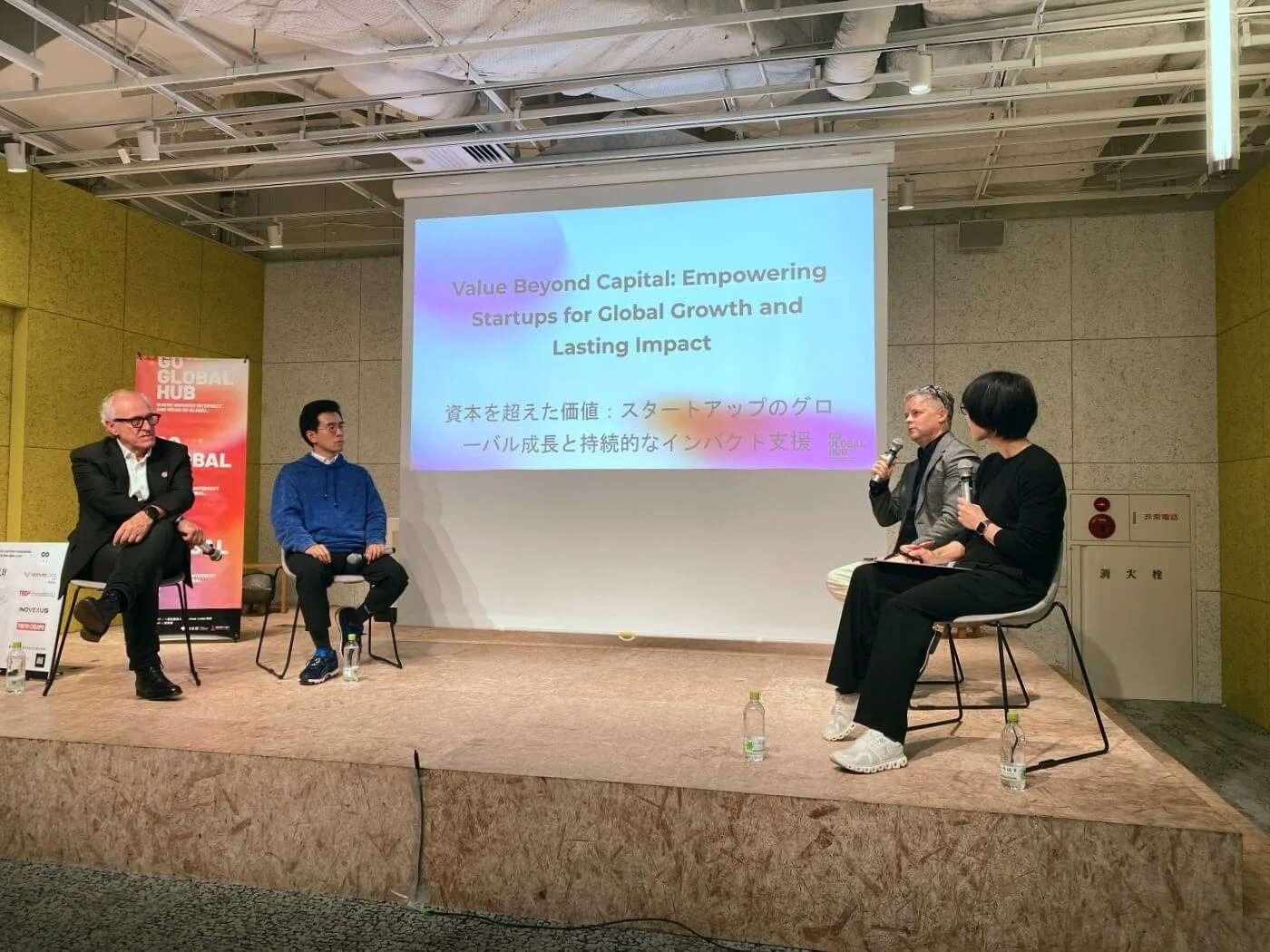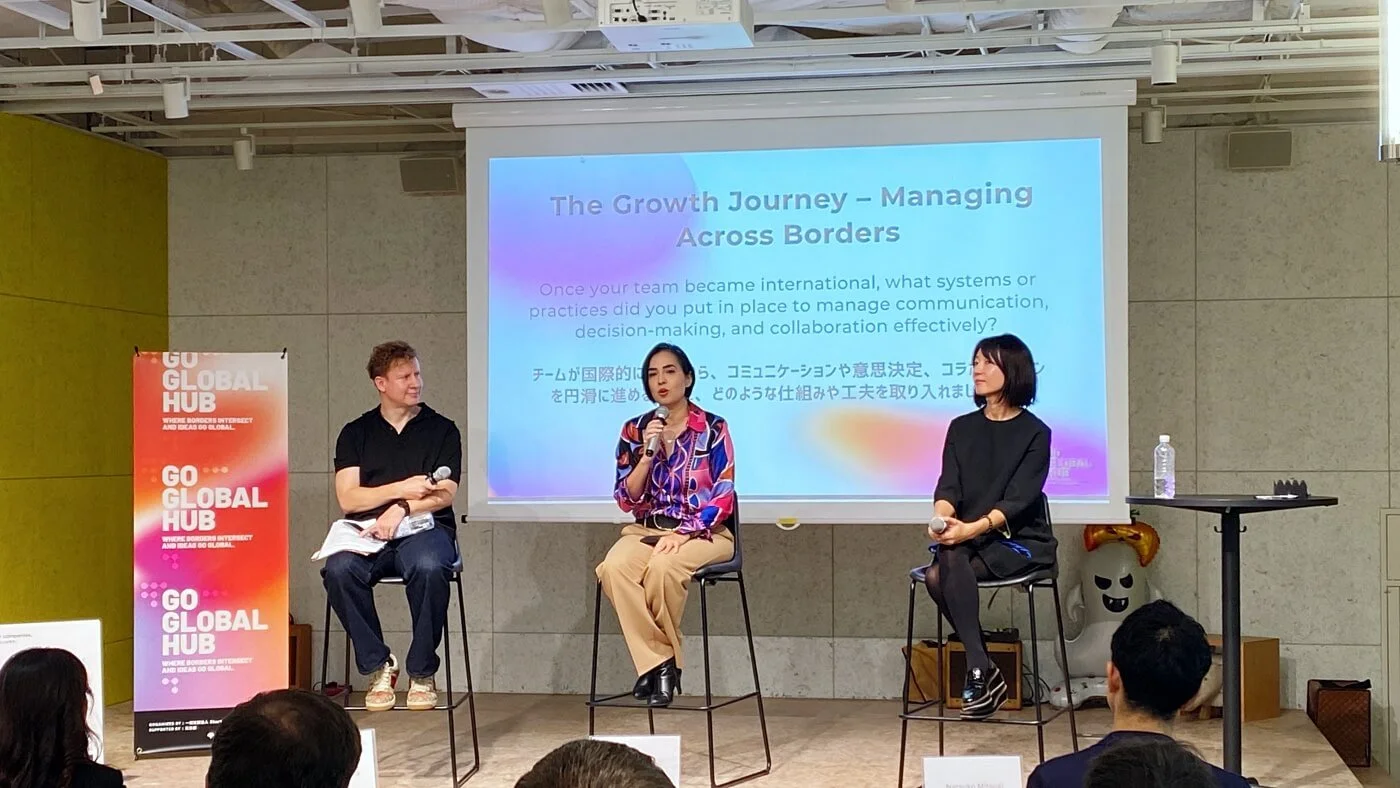
Doing Business in Japan 2026: Market Trends, Corporate Culture, and Global Risks
For international investors and executives operating in Tokyo, the landscape has shifted. As highlighted in JETRO’s 2024 Investment Report, the market is seeing renewed interest despite currency challenges.

Welcome to 2026: How Delphi Improved the Member Experience in 2025
As we begin 2026, we want to take a moment to thank our members for another year of thoughtful engagement, sharp conversations, and continued trust in The Delphi Network.

Celebrating Growth in the Tokyo Startup Ecosystem
Bridging Local and Global Innovation We proudly celebrate the conclusion of a phenomenal year for the Startup Ecosystem in Tokyo. As we reflect on the recent Global Connector Salon, we recognize the immense value generated by these gatherings.

Reducing Noise: Why We Sponsor High-Signal Business Matching
In the bustling ecosystem of Tokyo, effective Business Matching is often obscured by the sheer volume of unstructured social activity. At The Delphi Network, our primary directive is to drastically raise the signal-to-noise ratio for our members.

Building Resilience: Insights from The Delphi Network Founders’ Summit
In the high-stakes world of Tokyo business, Founder Resilience is the defining trait of success. The Delphi Network recently hosted an exclusive Founders' Summit, gathering a select group of leaders to discuss Business Survival strategies crucial for the Japan market.

An Evening of Executive Leadership and Tokyo Networking at Toranomon Hills
The Delphi Network successfully hosted its premier Early Winter Cocktail on Tuesday, November 25, 2025, setting a high standard for Tokyo Networking within the vibrant landscape of Toranomon.

The Power of Curated Networks in Tokyo’s Startup Ecosystem
Tokyo's business environment is experiencing rapid transformation, becoming a magnet for global talent and investment. For international founders, business owners, and country managers based in Japan, the strategic value of curated networks is soaring.

Rewriting & Optimizing: Immigration Reform in Japan
The new Cabinet-level panel, led by Chief Cabinet Secretary Minoru Kihara, will review "foreign national-related issues that warrant urgent attention and propose specific solutions by January." This initiative marks a crucial moment for Immigration Reform in Japan, particularly for established Foreign Residents.

Country Manager Insights: The Strategy for Brand Success in Japan
The role of a Country Manager in Japan is one of the most demanding executive positions in the world. Success requires navigating a market famous for its unique complexities, sophisticated consumer base, and intense competition.

The Global Connector Salon: Bridging Ecosystems
The Startup Lady Association, a leading accelerator for female entrepreneurs, has successfully launched the "Go Global Hub" initiative, a core project supported by the Tokyo Metropolitan Government.

A Speculative Look at the Proposed Roadmap for Foreign and Domestic Capital
The early days of the Takaichi Administration offer fascinating, albeit tentative, insights into a potentially distinct governing style that could ripple through Japan Business Trends.

Driving Growth: Key Takeaways from the French-Japan Business Summit
The recent Japan Summit in Tokyo was a resounding success, affirming the deepening economic ties between France and Japan. This critical event brought together titans of industry, innovative entrepreneurs, and high-level policymakers, creating a dynamic forum for strategic dialogue.

Cross Border Startups at Go Global Hub: Sponsoring Global Entrepreneurship
On Monday, 27 October 2025, we at The Delphi Network were proud to sponsor the second session of the Go Global Hub, the Cross Border Startup Match Salon organized by Startup Lady Association in Shibuya, Tokyo.

Tokyo Networking Redefined at the Andaz
On a cool autumn evening, more than sixty senior leaders gathered high above Toranomon Hills for a Tokyo networking experience unlike any other. There were no flashing cameras, no forced introductions, just meaningful conversation in the warm glow of the Andaz Tokyo’s Tavern bar.

A Strategic Guide for Country Managers in Japan: Navigating the Takaichi Policy and New Labor Rules
For Country Managers in Japan, a new directive from Prime Minister Sanae Takaichi's administration represents one of the most significant potential shifts in the nation's operational landscape in years.

The Policy Disconnect: Japan’s Immigration Debate and Business Reality
A recent political debate in Japan immigration policy has become a development of note for international business leaders and country managers. As highlighted in a recent Mainichi Shimbun interview with migration expert Naoko Hashimoto, all five candidates in the LDP's leadership race, including eventual winner Sanae Takaichi, called for stricter foreigner policies.

Japan’s Political Shift: What Sanae Takaichi’s Leadership Means for Business
The landscape of Japan politics is facing its most significant test in years. The upcoming Diet vote for a new prime minister follows the stunning collapse of a decades-old political coalition. At the center of this uncertainty is Sanae Takaichi, the newly elected leader of the Liberal Democratic Party (LDP).

Japan Overhauls Business Manager Visa: What Foreign Entrepreneurs Need to Know
Japan is fundamentally reshaping its landscape for foreign entrepreneurs. In a landmark move, the Immigration Services Agency (ISA) has announced a sweeping overhaul of the Japan Business Manager visa (経営・管理), with the changes set to take effect on October 16, 2025.

Komeito Exits Ruling Coalition: A New Era for Japanese Politics?
A significant development is altering the Japanese political landscape as the LDP Komeito coalition has officially ended. The junior partner, Komeito, announced its withdrawal from the ruling coalition on Friday, with its leadership citing concerns over corruption within the Liberal Democratic Party (LDP).

Sora2's Challenge to Japan: How a Copyright Crisis Forged a New Path for Creators
The recent Sora2 incident in Japan serves as a critical case study for understanding the broader AI business impact, highlighting the urgent need for clear AI Copyright Governance.
